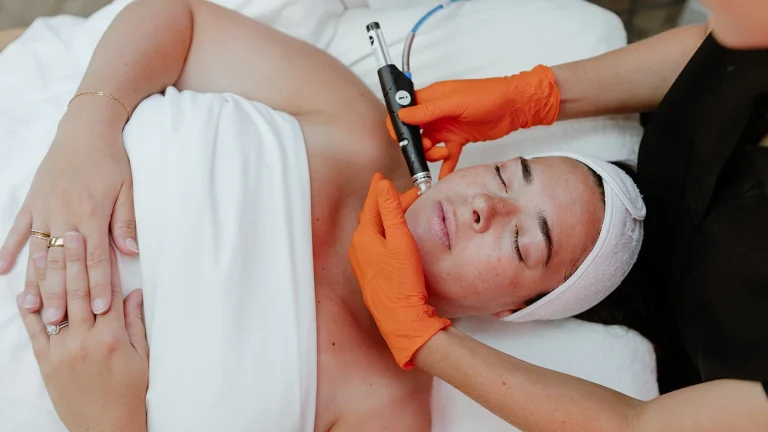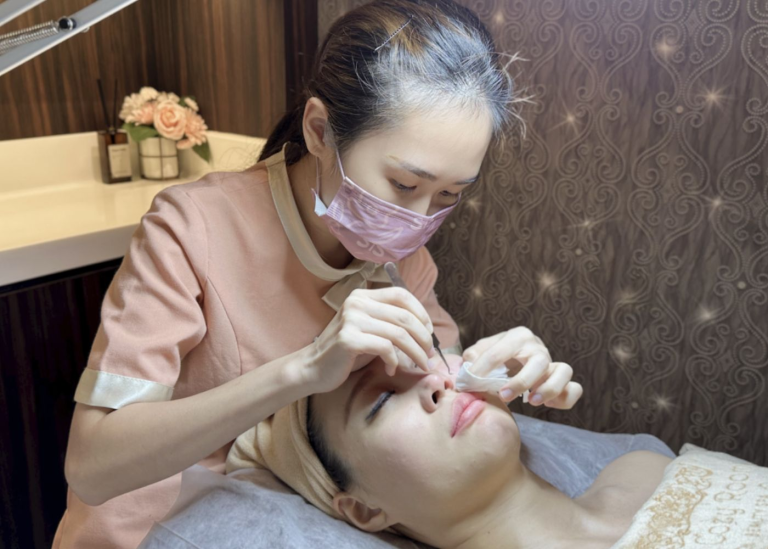Day: May 6, 2024
Tips on How to Treat Hangovers
Introduction Alcohol is legal in most countries after reaching a certain age. Some governments, however, have tried to limit alcohol use by putting in place […]
False Alarms of Alopecia
Introduction Alopecia can occur in people of all ages. Early diagnosis and treatment help to restore hair in a good time. It is reported that […]













